Sue Flood started out as a researcher at the BBC, before ending up working with David Attenborough (‘even nicer in real life’) on The Blue Planet and Planet Earth as an Associate Producer. Since then she’s travelled the world working as an award-winning freelance wildlife photographer and resident photographer for small photography tours. Ahead of her talk at the Good Life Experience in Wales we catch up with her to find out what being a wildlife photographer really entails…
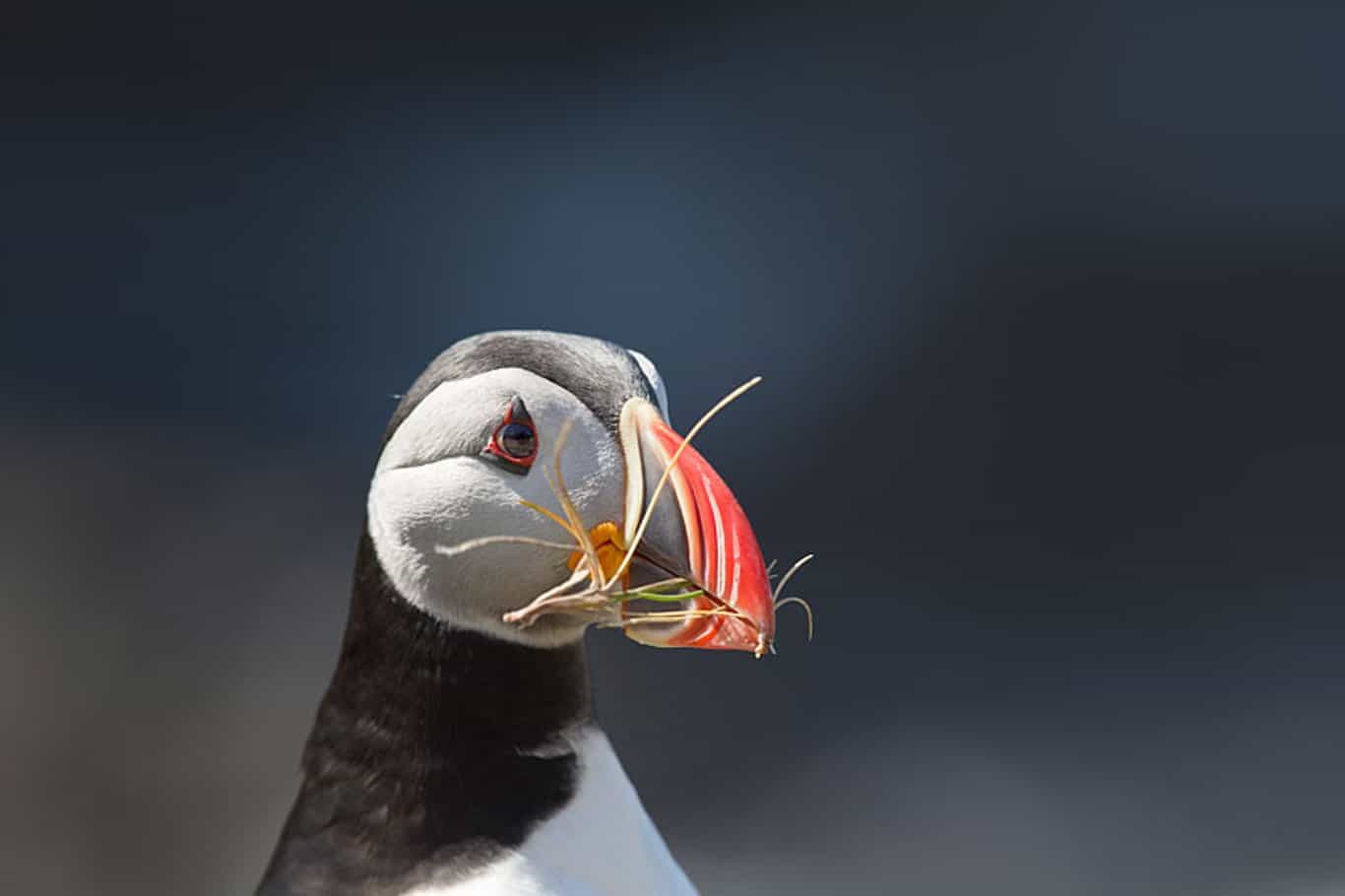
You spend months away at a time and travel all over the world, where is your favourite place to shoot?
The Antarctic is definitely my favourite location. The polar regions are spectacularly beautiful, though the Arctic and Antarctic are very different. The pristine and dramatic landscapes, wonderful wildlife, combined with incredible light make for outstanding photographic opportunities. That’s why I’ve had nearly 50 trips to the polar regions in the last 20 years.
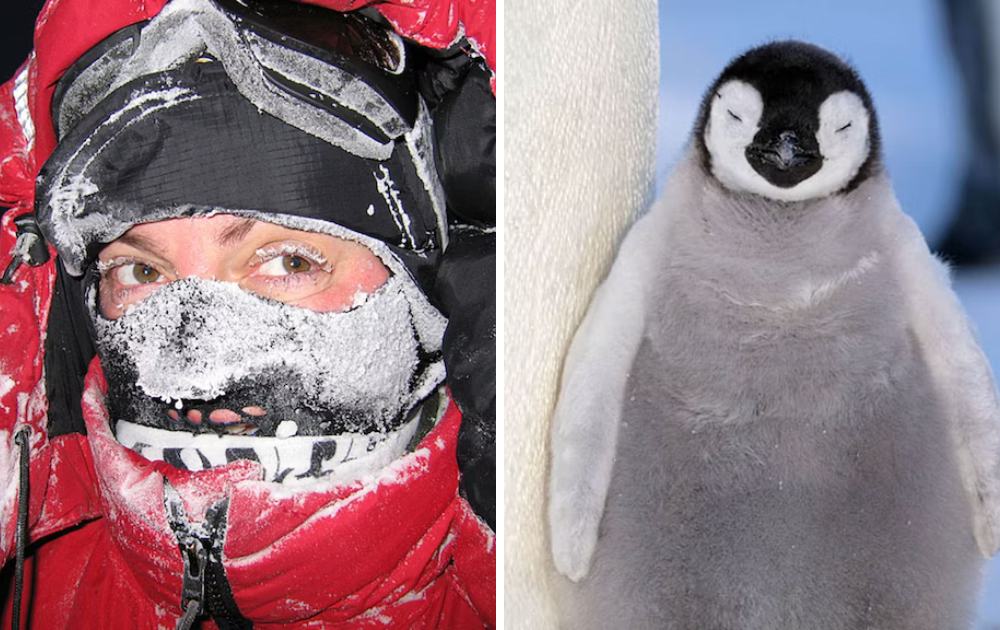
Over those two decades Sue Flood has worked on Russian icebreakers, dived with leopard seals, worked with Inuit hunters and watched polar bears hunt. Her book, Cold Places, about her adventures, won her recognition at the 2011 International Photographer of the Year awards.
Have you seen evidence of the climate changing in those ‘cold places’?
I’ve seen some dramatic changes in the Canadian Arctic in the time that I’ve been travelling there and, as I’m sure we’re all painfully aware, there has been a huge decrease in the percentage of multi-year sea ice from year to year.
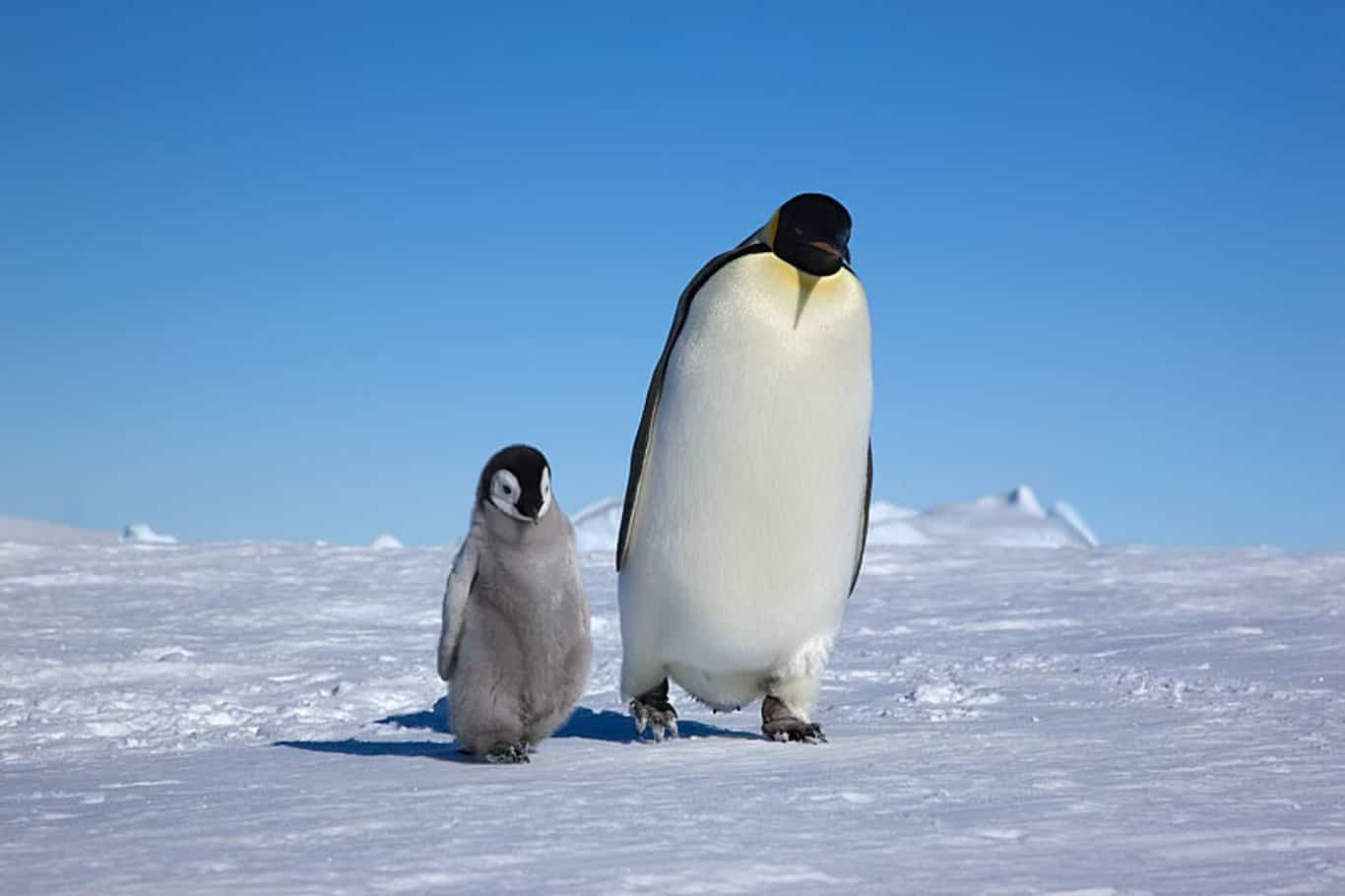
Working with small sustainable tour operators you lead photography courses for travellers, how does this help local communities?
By making intelligent choices about responsible travel and tourism we can ensure that money gets ploughed back into the local community and worthwhile conservation projects, which encourages people to want to protect wildlife and their local environment. For example, I’ve just returned from Rwanda, where tourism helps support many local people in employment, whether in lodges, as gorilla trackers and guides or working for the national parks. Steppes Travel, for whom I regularly guide photo trips around the world, supports local conservation projects around the globe and that is one of the reasons I like to work with them.
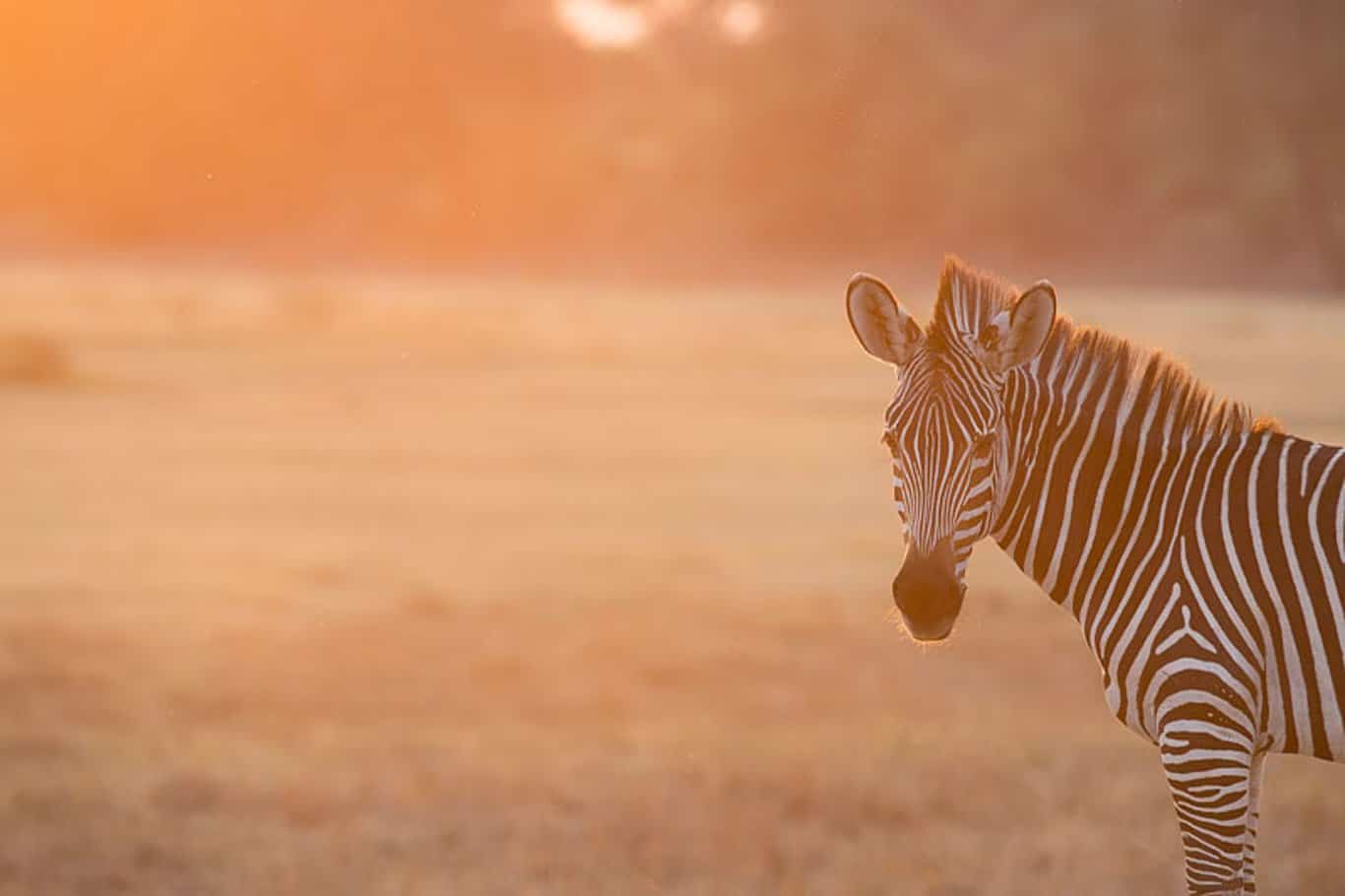
How does an appreciation of wildlife photography lead to people becoming more eco-conscious?
Because sometimes people need to see how beautiful and fascinating something is before they want to protect it. Or, sometimes you’re shown an image which stops you in your tracks and makes you wants to make a difference or to contribute in some way to conservation, whether in practical or financial terms.
As a photographer you have to observe the world around you. You should notice the nuances of an animal’s behaviour, the habitat in which that animal lives, how the environment has changed etc – as a good wildlife, travel or landscape photographer I think that it is inevitable that you become more aware of your surroundings.
What do you wish more travellers were aware of?
It feels like stating the obvious, but I wish more people would wake up to the fact that we have it within our power to wipe out or save different species and that when they’re gone, that’s it. Also, that it shouldn’t just be about just the charismatic and photogenic species. I also wish the people who believe there is some sort of medicinal benefit from rhino horn, elephant tusk, tiger’s bones, pangolin scales, bear bile etc would come to their senses.
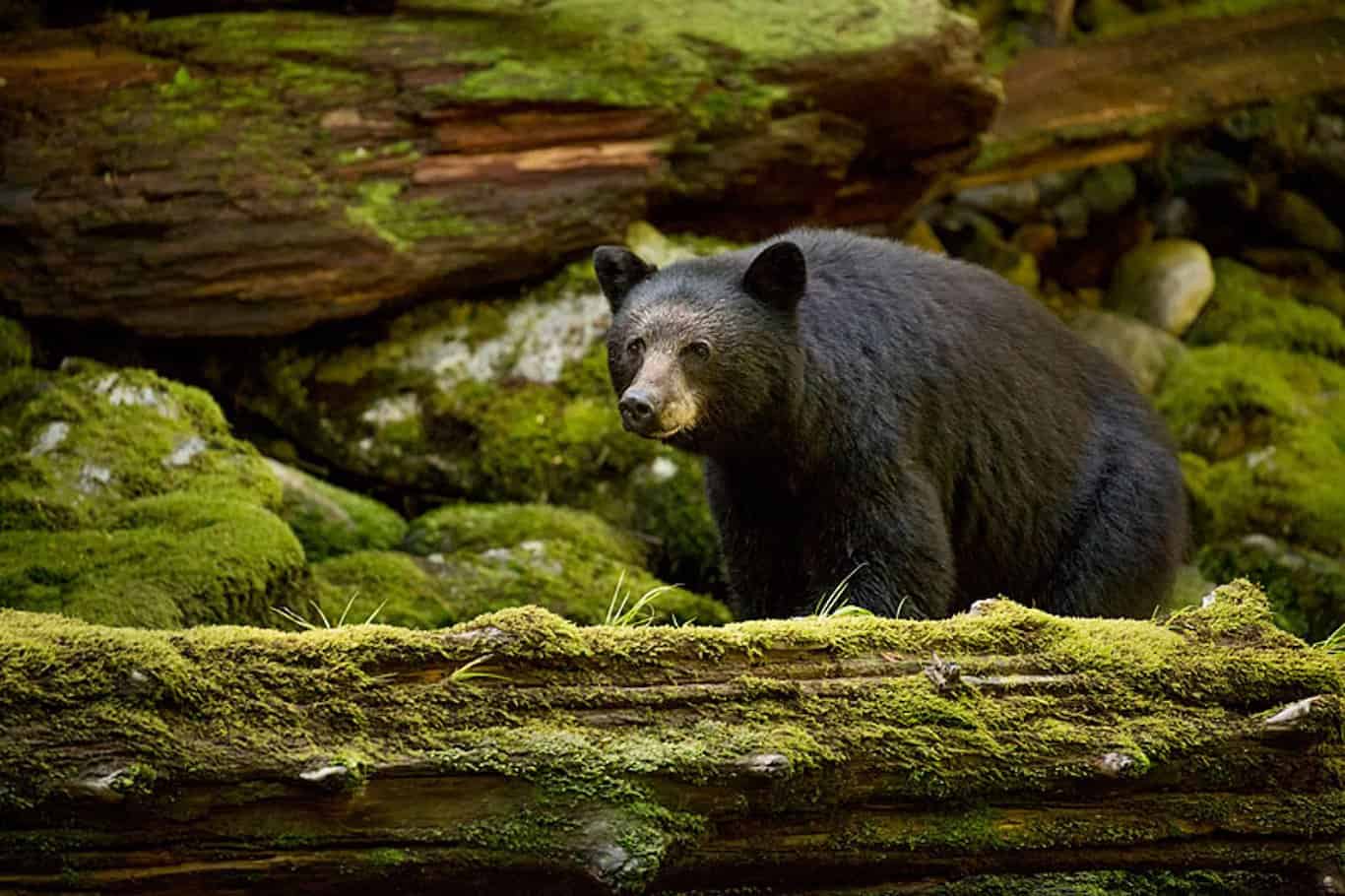
How can interested wildlife photographers travel more lightly on the planet?
This is the main challenge in my job, as I nearly always have to travel by plane. Of course, offsetting your photographic trip or holiday’s carbon emissions is a good idea.
What did you learn from working with David Attenborough?
That he is the most professional and inspirational person I’ve ever met in my life, along with having a great sense of humour. Also, he’s the first person to acknowledge the rest of the crew, and the fact that programme making is a team effort, rather than taking all the credit himself.
What’s the biggest myth when it comes to being a wildlife photographer?
That it’s a glamorous job where you’re constantly having adventures. That said, I wouldn’t swap it for the world. And it can often be a glamorous job where I’m constantly having adventures – although I am often to be found crawling around in penguin guano! My least glamorous moment was during the filming of the BBC series The Blue Planet, when I managed to tip an entire hood full of pee over my head and into my survival suit, after I went for a pee behind the helicopter, not noticing that the stiff material of the hood had flipped back so I’d actually peed into the hood. As someone pointed out, Flood by name, Flood by nature.
How to be a wildlife photographer
Sue Flood has some easy tips for budding wildlife photojournalists and photographers
Don’t overlook your own backyard
It’s not necessary to get on a plane to go and take amazing wildlife images. There are some wonderful places to photograph in the UK, and I recently travelled to the Scottish Hebrides from North Wales by public transport to photograph puffins, which was wonderful.
The animal’s welfare is paramount
Don’t disturb your subject or upset their environment. Look don’t touch.
Know your camera gear
You might have to wait hours or days for the perfect shot, you don’t want to bungle it because you’re not sure of your settings or how the camera works. Practise with it before you’re in situ.
Be patient
Have patience, try to anticipate the animal’s behaviour and finally, have some MORE patience! As my mum used to tell me, ‘how come you’re so patient with animals and not with people?’
Sue Flood is at the Good Life Experience in Wales 15-17 September.










